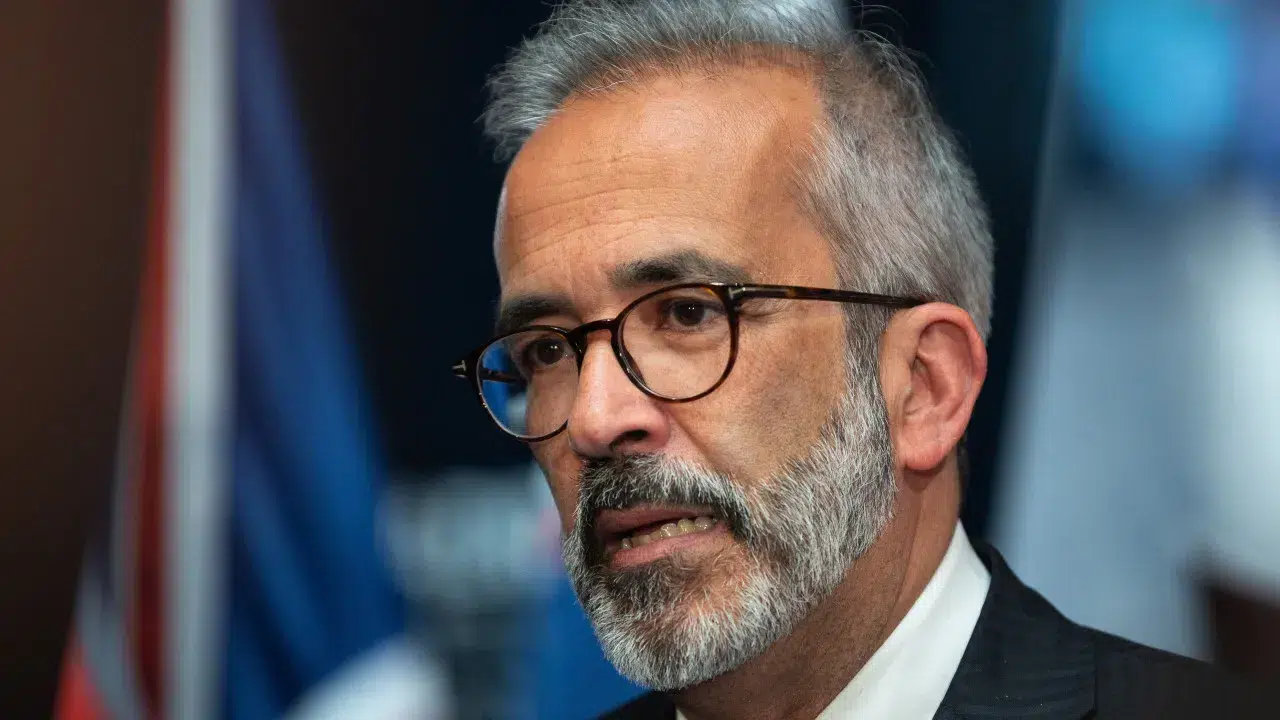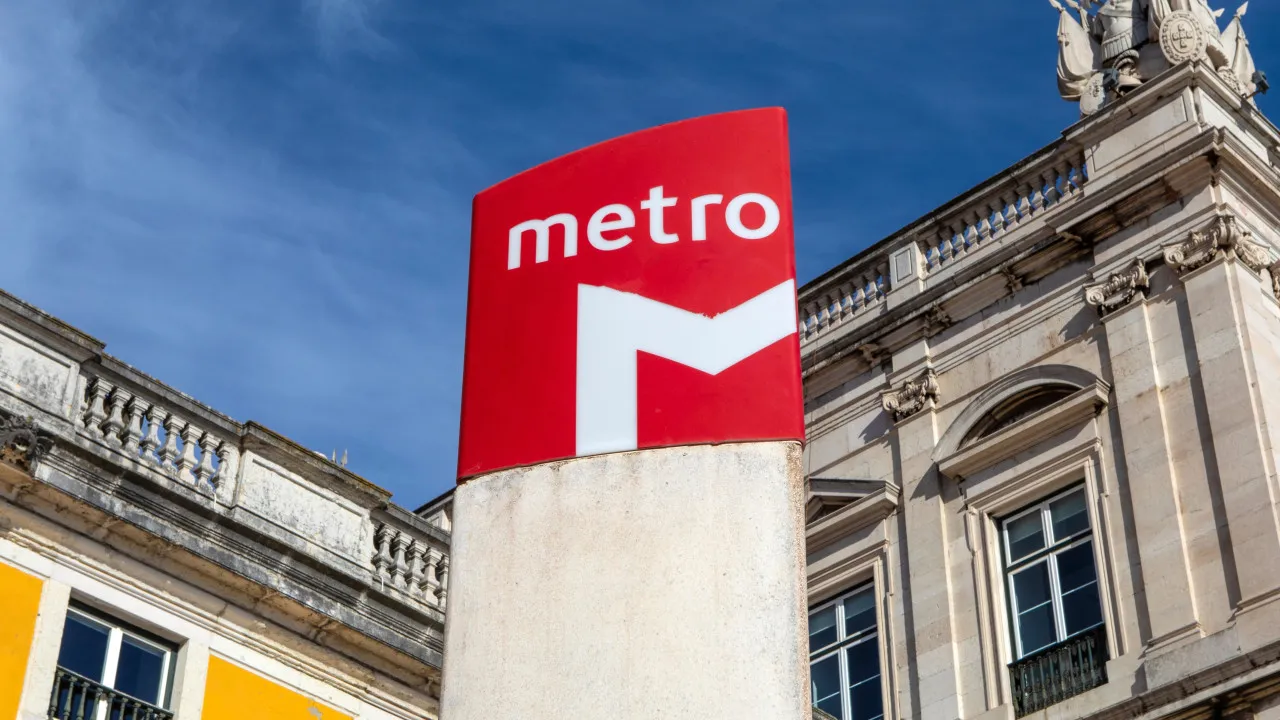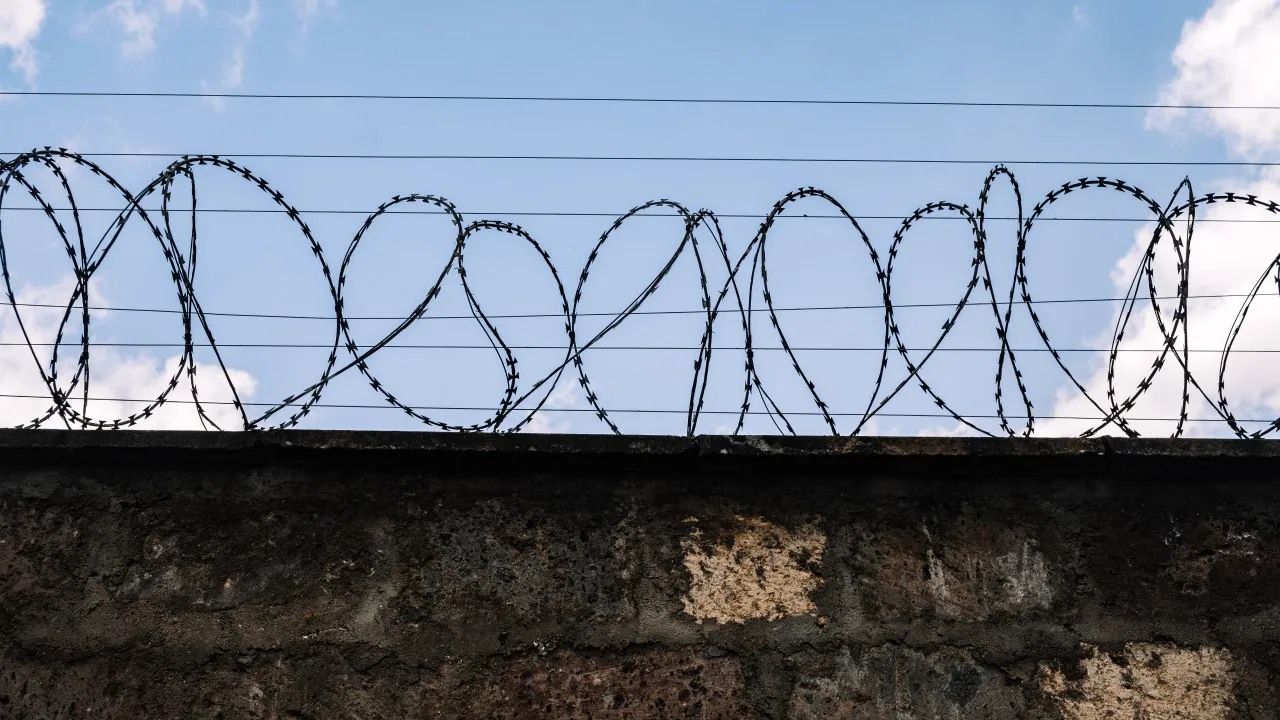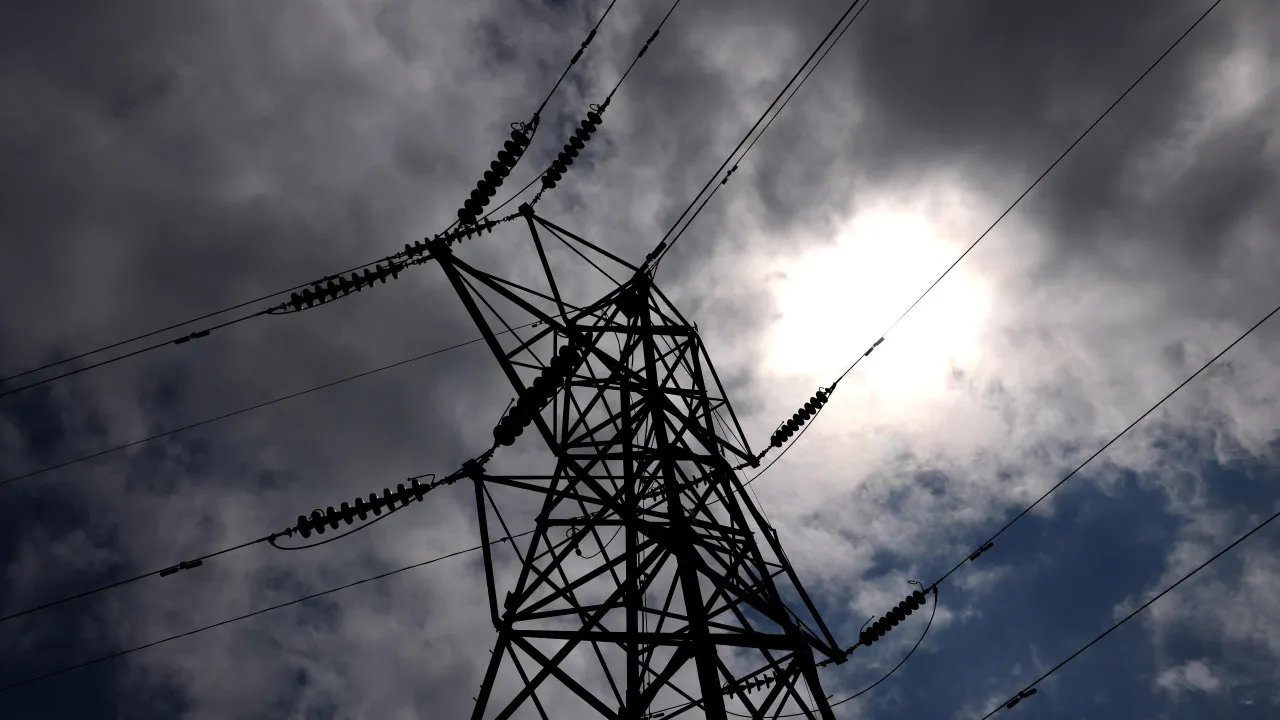
Mario Vargas Llosa passed away on Sunday at the age of 89 at his home in Lima, where he had been residing since 2022, his children announced on social media.
Peruvian President Dina Boluarte expressed deep sorrow at the passing of Vargas Llosa, whom she described as a “universal writer and distinguished Nobel Prize in Literature laureate.”
“His intellectual genius and vast body of work will remain as an eternal legacy for future generations,” stated the Presidency of Peru on the social media platform X.
The Peruvian Congress conveyed similar sentiments, sending their “deepest condolences to the family, friends, and readers of the Nobel laureate.”
Among the first Latin American political leaders to comment on the writer’s death was former Uruguayan President Luis Lacalle Pou (2020-2025), who remarked that “Vargas Llosa left his mark on many aspects of life, always staying true to himself.”
On a personal note, Pou mentioned that he always appreciated Vargas Llosa’s generosity.
Former Colombian presidents Álvaro Uribe (2002-2010) and Iván Duque (2018-2022) also bid farewell to the novelist, calling him a “master.”
“He leaves us with his work, his admiration, and his example. He leaves us a path for the future,” added Uribe on X.
“The death of Mario Vargas Llosa fills me with sadness. I had the honor of enjoying his friendship and sharing unforgettable moments, listening to his encyclopedic knowledge, overwhelming simplicity, and refined humor,” said Duque.
Venezuelan opposition leader María Corina Machado expressed solidarity with the writer’s family and highlighted his “incomparable legacy” in defending freedom in Latin America and the world.
Born in Arequipa on March 28, 1936, Jorge Mario Pedro Vargas Llosa was also a politician, journalist, essayist, and university professor.
Vargas Llosa was one of the leading writers of his generation, with some critics suggesting he had international impact and audience unrivaled by others of the Latin American boom.
Early in his life, he became politically involved, initially supporting Fidel Castro and the Cuban revolution, and later advocating for a more conservative, capitalist liberal democracy. He even ran for presidency in Peru in 1990, in a center-right coalition against Alberto Fujimori (1990-2000).
The Nobel Prize for Literature jury in 2010 justified awarding him due to his uniquely descriptive writing that maps out structures of power and offers “sharp images of the resistance, revolt, and failures of the individual.”
Related:




